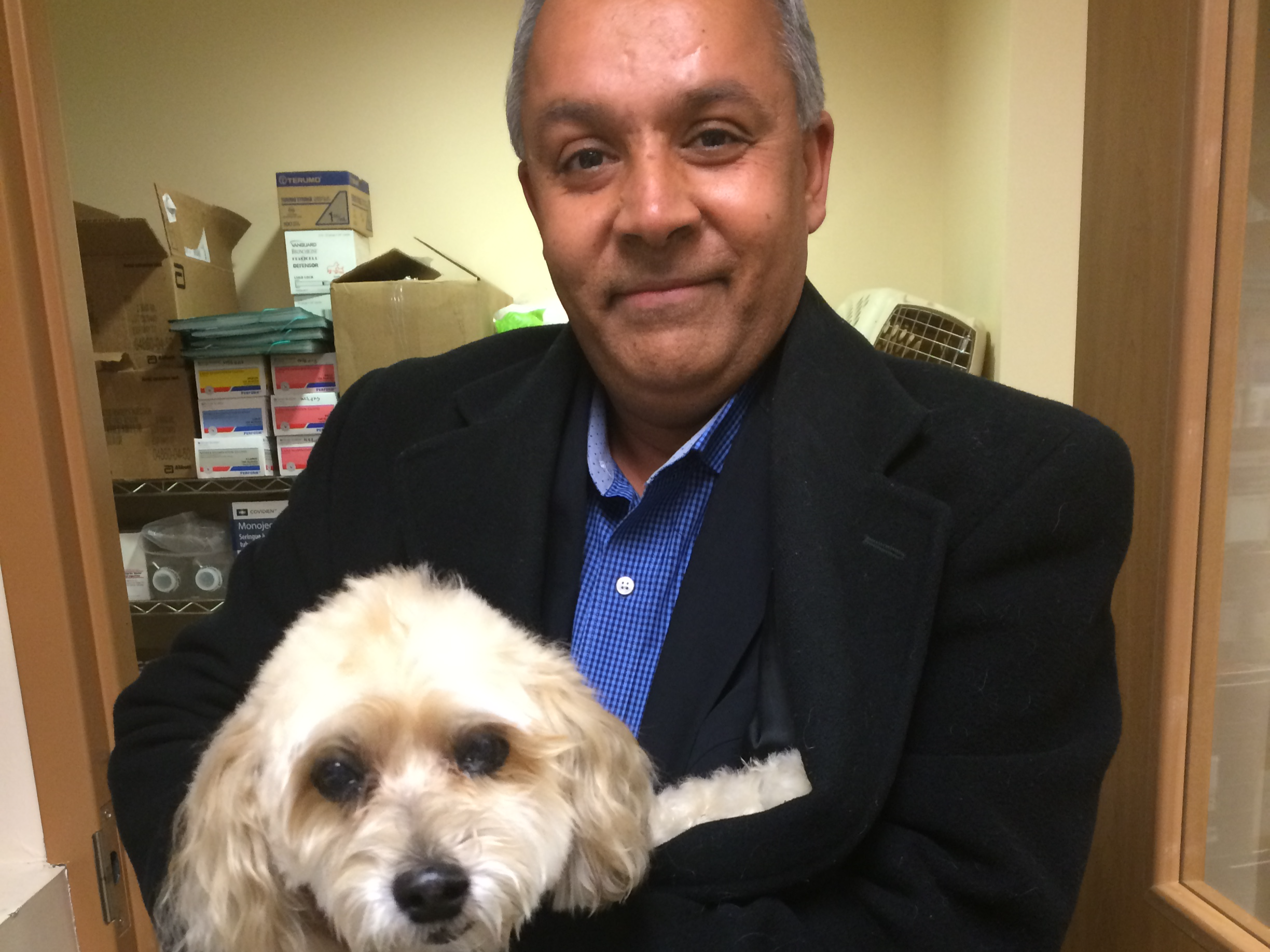Navigating Mental Health: Exploring the Most Common Psychiatric Disorder After Age 65 by Dr. Ashok J Bharucha

As defined by Dr. Ashok J Bharucha, As we journey through life, our mental and emotional landscapes inevitably change. While youth may be characterized by vigor and resilience, older age often brings its own set of challenges, including those related to mental health. Among the myriad of conditions that can affect seniors, one stands out as particularly prevalent: depression.
Depression, often overlooked or dismissed as a natural part of aging, is a severe psychiatric disorder that can significantly impact the well-being and quality of life of older adults. According to research, it is the most common mental health issue among individuals over the age of 65. Yet, despite its prevalence, depression in seniors is frequently underdiagnosed and undertreated.
The reasons behind the high occurrence of depression in older adults are multifaceted. Retirement, loss of loved ones, chronic health conditions, decreased mobility, and social isolation are just a few factors that can contribute to feelings of sadness, hopelessness, and despair. Additionally, biochemical changes in the brain, along with certain medications commonly prescribed to seniors, can also play a role in the development or exacerbation of depressive symptoms.
Recognizing depression in older adults can be challenging, as its symptoms may manifest differently than in younger individuals. While persistent sadness and tearfulness are hallmark signs of depression, seniors may also experience symptoms such as irritability, fatigue, loss of interest in previously enjoyed activities, changes in appetite or weight, sleep disturbances, and physical ailments without a clear medical cause.
Addressing depression in older adults requires a multifaceted approach that encompasses medical, psychological, and social interventions.
Healthcare providers play a crucial role in screening for depression during routine visits and providing appropriate treatment, which may include medication, therapy, or a combination of both. Fostering social connections, encouraging physical activity, and engaging in meaningful activities can help alleviate symptoms and improve overall well-being.
Breaking the stigma surrounding mental health in older adults is essential for promoting early detection and intervention. Education and awareness initiatives aimed at seniors, caregivers, and healthcare professionals can help dispel misconceptions about depression and encourage individuals to seek help when needed.
While aging brings its share of joys and wisdom, it also presents unique challenges, including mental health struggles such as depression. By recognizing the prevalence of depression in older adults and taking proactive steps to address it, we can support the mental and emotional well-being of seniors and ensure that they enjoy fulfilling and meaningful lives in their later years.








